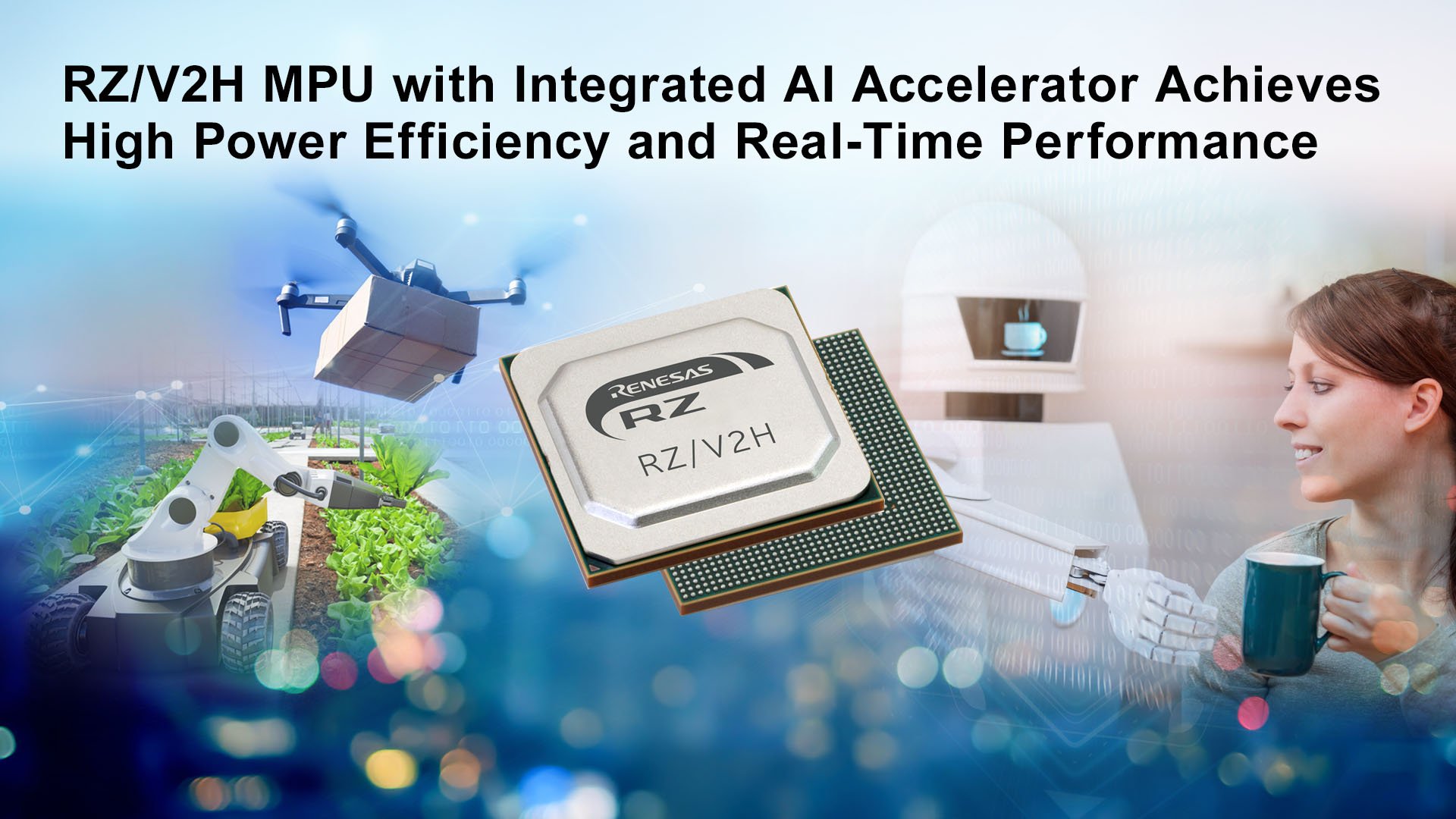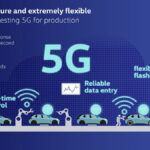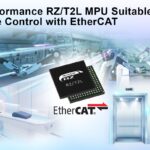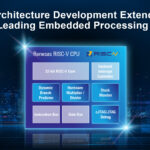ASIA ELECTRONICS INDUSTRYYOUR WINDOW TO SMART MANUFACTURING
Renesas Extends Single-Chip MPU to Future Robot Apps
Renesas Electronics Corporation has expanded its popular RZ Family of microprocessors (MPUs) with a new device targeting high-performance robotics applications.
“The RZ/V2H will facilitate the development of next-generation autonomous robots with vision AI capabilities – that have the ability to think independently and control movements in real time.”
High-Performance AI Computing
Particularly, the device comes with a new generation of Renesas proprietary AI accelerator, DRP (Dynamically Reconfigurable Processor)-AI3. It delivers 10 TOPS/W power efficiency, an impressive 10-fold improvement over previous models. Additionally, pruning technology employed in the DRP-AI3 accelerator significantly improves AI computing efficiency. This boosts AI inference performance up to 80 TOPS. Accordingly, it allows engineers to process vision AI applications directly at edge AI devices without relying on cloud computing platforms. Details of the new DRP-AI3 acceleration technology were recently presented at the International Solid-State Circuits Conference (ISSCC 2024) in San Francisco.

Moreover, RZ/V2H incorporates four Arm® Cortex®-A55 CPU cores with a maximum operating frequency of 1.8GHz for Linux application processing, two Cortex-R8 cores running at 800MHz for high-performance real-time processing, and one Cortex-M33 as a sub-core. By integrating these cores into a single chip, the device can effectively manage both vision AI and real-time control tasks. This combination makes it ideal for demanding robotics applications of the future. Also, since the RZ/V2H consumes less power, it eliminates the need for cooling fans and other heat-dissipating components. This means engineers can design systems that are smaller in size, less expensive, and more reliable.
“As a market leader in motor control microprocessors, Renesas is ready to take on the next challenge to drive the advancement of the robotics market with AI technology,” said Daryl Khoo, Vice President of the Embedded Processing 1st Business Division at Renesas. “The RZ/V2H will facilitate the development of next-generation autonomous robots with vision AI capabilities – that have the ability to think independently and control movements in real time.”
Real-time Execution of Visual SLAM Technology
Renesas has applied its proprietary DRP technology to develop the OpenCV Accelerator. Specifically, it speeds up the processing of OpenCV, an open-source industry standard library for computer vision processing. The resulting speed improvement is up to 16 times faster compared to CPU processing. The combination of the DRP-AI3 and the OpenCV Accelerator enhances both AI computing and image processing algorithms. Accordingly, it enables the power-efficient, real-time execution of Visual SLAM(Note 1) used in applications such as robot vacuum cleaners.
To accelerate development, Renesas also released AI Applications, a library of pre-trained models for various use cases. Also, it released the AI SDK (Software Development Kit) for rapid development of AI applications. By running these software on the RZ/V2H’s evaluation board, engineers can evaluate AI applications easily and earlier in the design process. They can do this even they do not have extensive knowledge of AI.
“We are thrilled to be part of the launch of the RZ/V2H, which combines AI technology with real-time control,” says Rolf Segger, founder of SEGGER Microcontroller GmbH. “SEGGER’s J-Link debug probe, widely adopted by numerous embedded development projects globally, will provide the support needed for the RZ/V2H, helping accelerate the development of next-generation robotic innovations. We look forward to this next phase in our multi-decade long partnership with Renesas.”
Winning Combinations
Renesas has developed the “Visual Detection Single Board Computer” that uses camera images to identify its surroundings and to determine and control its movements in real-time. It combines the RZ/V2H with power management ICs and VersaClock programmable clock generators to support power-efficient industrial robots and machinery. Its efficient design eliminates the requirement for an additional cooling fan, keeping the solution BOM and size down.
Mainly, these “Winning Combinations” are technically vetted system architectures from mutually compatible devices that work together seamlessly. Collectively, they bring an optimized, low-risk design for faster time to market. Renesas offers more than 400 winning combinations with a wide range of products from the Renesas portfolio. These enable customers to speed up the design process and bring their products to market more quickly. They can be found at renesas.com/win.
Availability
The RZ/V2H is available today, along with the evaluation board and the AI SDK. More information about the device and development tools are available at: https://www.renesas.com/rzv2h.
(Note 1) Visual SLAM or Simultaneous Localization and Mapping. It is a technology that analyzes images captured by on-board cameras on robots and drones and estimate their own position while simultaneously creating detailed maps of their surroundings.




